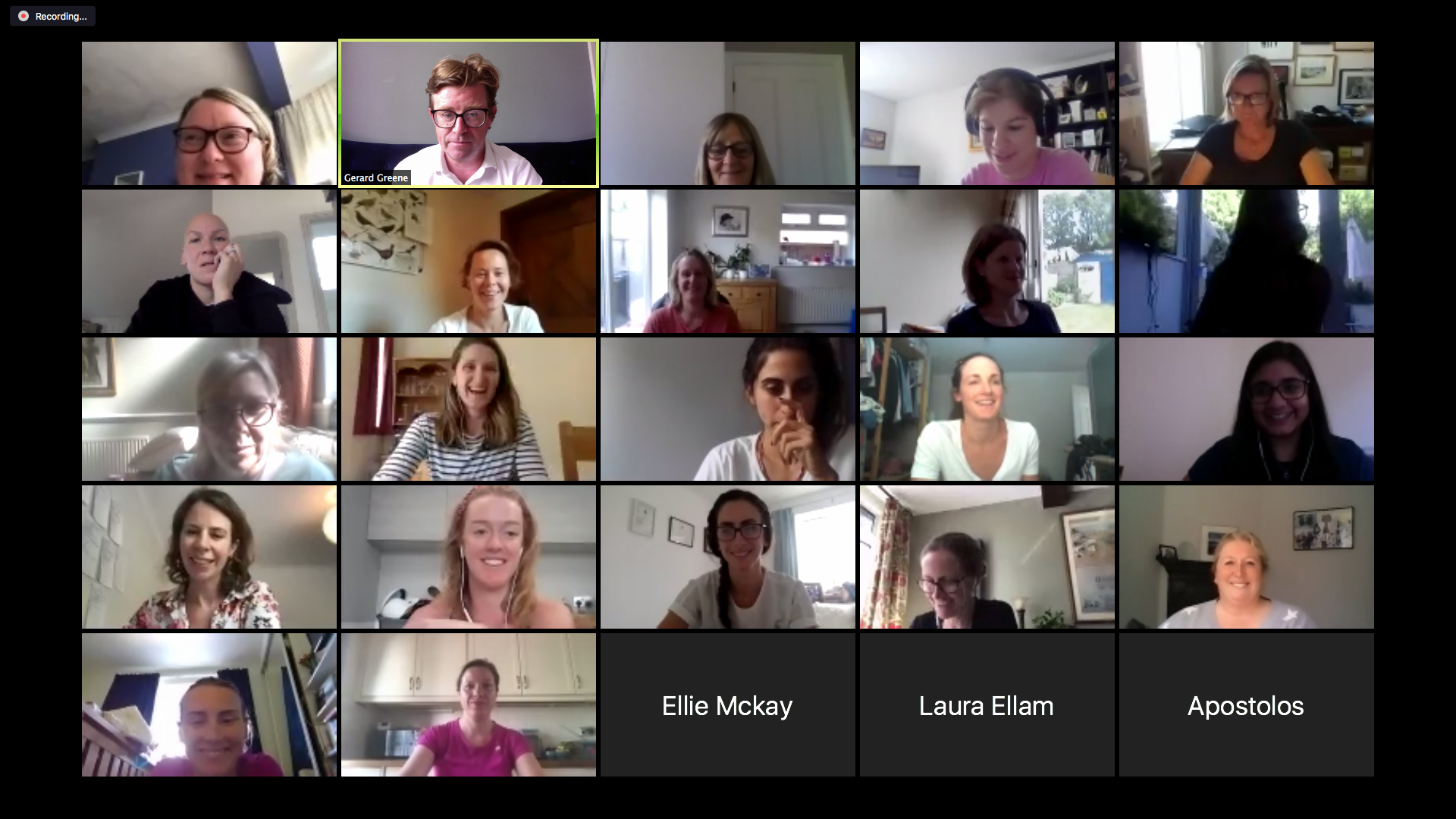Mapped to Roadmap to Practice – FCP Knowledge, Skills & Attributes
Pregnancy related pelvic girdle pain has a high incidence and is a leading cause of both physical and psychological disability. Post-natal PGP also affects a significant number of women yet finding physiotherapists who are comfortable and competent to see these women can be challenging.
Rectus diastasis has a high incidence post-nataly and has been associated with an increased incidence of pelvic floor dysfunction such as stress urinary incontinence, pelvic pain and prolapse. Women with diastasis also face challenges locating physiotherapists who are happy to see them.
Post-natal return to sport, exercise and activity can be limited due to obstetric anal sphincter injury, pain, diastasis, urinary symptoms and other pelvic floor disorders. Musculoskeletal physiotherapists are well placed to assess, treat and manage all of these conditions
All course places must be booked through the website and paid for by card. There is no facility for later payment. It is up to the individual delegate to reclaim course fees from their employer. Once a course is booked a delegate can download an invoice as proof of payment. To download your receipt, go to your booking account on the website and Member Area / My Events / Payment History
Aims:
This course will prepare Musculoskeletal physiotherapists to assess, treat and manage all of the afore mentioned conditions of pregnancy related pelvic girdle pain. It will also enable musculoskeletal physios to identify conditions that require more specialist pelvic health physiotherapy such as prolapse, urinary dysfunction, obstetric anal sphincter injury and pelvic pain.
Learning Objectives:
At the end of this workshop participants will have the skills for:
1. Pelvic Girdle Pain: Effective ways of reducing pain, fear avoidance and increasing function.
2. External assessment of the Pelvic floor for the Musculoskeletal physiotherapist.
3. Rectus Diastasis: What's the most effective way to assess & treat this.
4. Using Ultrasound imaging in the assessment and treatment of Rectus diastasis & pelvic floor dysfunction.
5. Musculoskeletal physios guide to obstetric anal sphincter injury, prolapse , female pelvic pain.
6. Safe return to sport post-Nataly
The image below is of avirtual course on 13th June 2020 - image courtesy of Gerard Greene

Facilitator
Mr Gerard Greene
 Mr Gerard Greene MSc (Manip Physio); BSc Physio, MMACP, MCSP, PG Cert HEd, Assistant Professor Physiotherapy (Coventry University, UK)
Mr Gerard Greene MSc (Manip Physio); BSc Physio, MMACP, MCSP, PG Cert HEd, Assistant Professor Physiotherapy (Coventry University, UK)
Gerard combines teaching & research with working in his specialist Pelvic health Physio clinics in Birmingham. His clinics specialise in Women’s and Men’s health Physiotherapy in addition to children & adolescent bowel & bladder and he works with a team of 7 other pelvic health physios.
Gerard co-founded the Women’s Health Physiotherapy Facebook group which now has 10,000 members and is a leading international forum. He was invited to present at WCPT 2017 in Cape Town and has also delivered courses for the South African Society Physiotherapy (2017), Japanese Physical Therapy Association (2018) and is currently working with the American Physical Therapy Assoc. He has also taught pregnancy and post- natal physio courses in Ireland & UK and is passionate about getting more MSK and sports physiotherapists involved in these areas of practice. Gerard is also working with The English Institute of Sport within the area of sporting pelvic floor dysfunction. He is a previous executive member of the MACP and is part of the MSc team in Coventry University where he is an associate professor.
Click here to view full event terms and conditions.